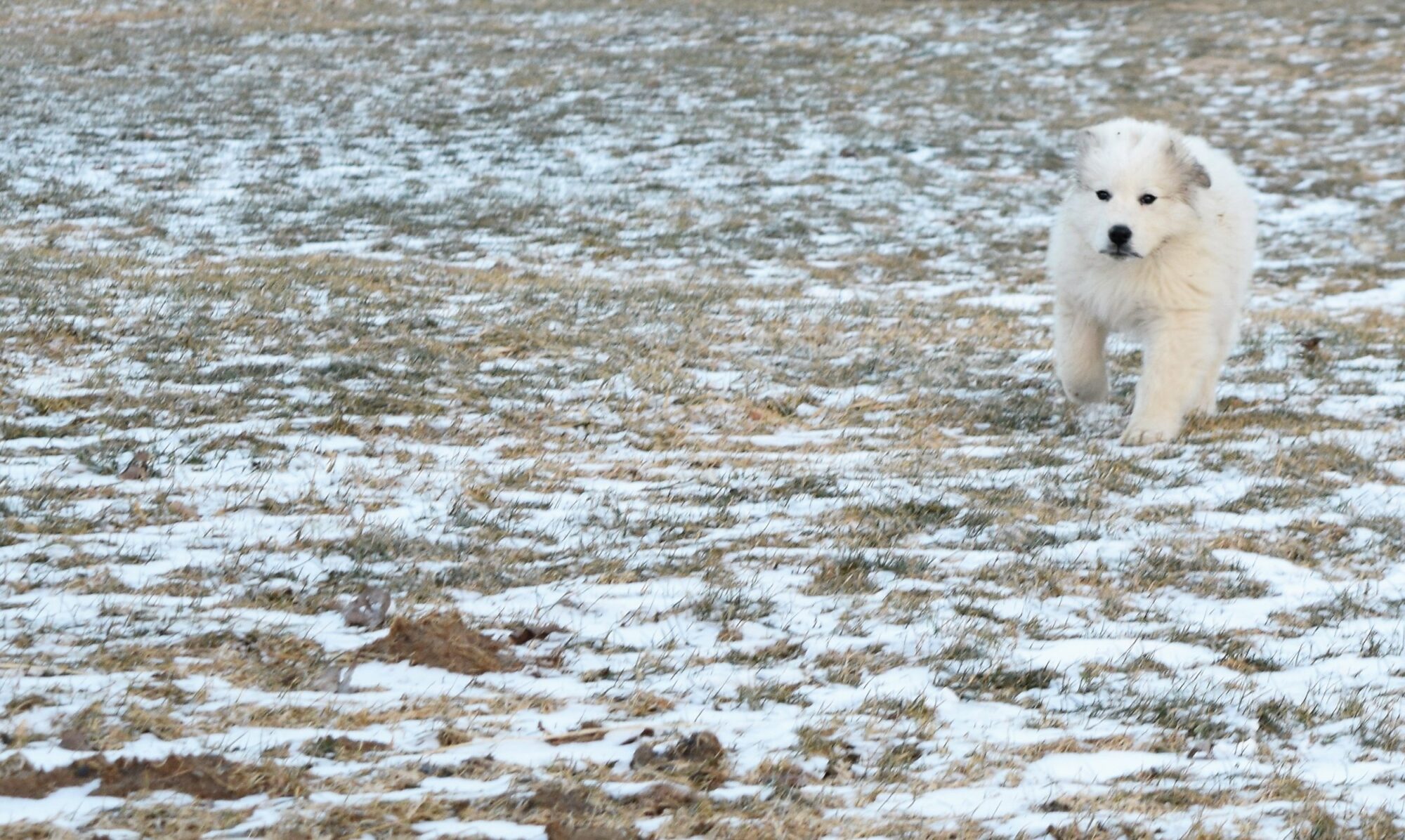There is no feeling in the world quite like it—that flurry of excitement and affection for all things small. If you are an animal person like me, you just have to hold one when you see baby kittens or roly-poly puppies. Your heart flutters a little bit at the sights and sounds of little peeping chicks at the hardware store. (I have literally thousands of baby chicks on my farm throughout the year, yet you’ll find me checking on the babies in their tanks at Tractor Supply each and every time!) I’d much rather visit the calves in their hutches than the dairy cows when I visit our neighbors’ dairy farms. And baby goats? Heart-melters if you ask me! Funnily enough, human babies are not my thing…but newborn critters get me every time, without fail.
Even if you aren’t an animal person, you’ve no doubt heard the phrase “puppy love.” Maybe—hopefully—you’ve even felt those early, delightful feelings of infatuation. It’s the “crush” that precedes real love; the stuff that makes our hearts skip a beat.
I am absolutely in puppy love right now. We recently purchased an 8-week-old Great Pyrenees puppy. Her name is Aimee and I love her to pieces! Aimee does all the things that adorable little puppies do, including chewing on everything she can get her jaws around and “kissing” your face if you let her. She is fluffy and adorable in every single way possible.
But, as young and cute and fluffy as she is today, Aimee will someday be an indispensable and significant part of our farm. Aimee is to be a working guardian dog. She has been bred to naturally bond with her home environment and her extended “family,” and her genetics will drive her to fend off anything that is foreign to that environment. That means she will guard our goats, sheep and chickens from predators. She will bark at anything she perceives to be a threat to her home. As the result of hundreds of years of breeding, she will instinctively “mark” her territory as her own, signaling to any newcomers that Aimee is in charge. I can’t teach her any of this; she is well-equipped for the job whether she knows it or not.
But there are many things I must teach her. At this stage, most puppies simply want to play, eat and sleep. One can’t expect much from an animal so young. In fact, I really can’t expect her to take her place as a guardian for at least another year or more. But there are behaviors I am already modelling for young Aimee. For example, although she sleeps in the barn at night, she is never alone in the goat and sheep pen. At this point, the much-larger moms are too defensive of their babies and do not trust the white fluff ball in their midst. They will butt her if she gets too close. Of course, I want Aimee to develop a healthy relationship with her flock, so whenever I have work to be done with the goats and sheep, I take Aimee with me. I show her how to give a wide berth to the larger animals. She is at my side when I bottle-feed hungry lambs and kid goats, which gives me the chance to correct her if she tries to play rough with the babies.
Correcting her at this stage is easy enough—I simply have to mimic an Alpha dog. I will firmly but gently push her down with my hand and maybe even roll her, telling her sternly “leave it.” The same goes for feeding time. As far as she is concerned, I am the Alpha and can touch her food. She can depend on me to feed her and she should never be food-defensive. So far, she seems to understand.
I am also already teaching her that there is serious work to be done on the farm. Every day, I take her on my round of stock chores. She gladly follows right at my heels and I praise her for it. There is no playing during chores; we get things done efficiently and straight away. It is only after our rounds are done that we can take a break for play time—it is a nice reward for both of us!
There are other things that I simply have to control, so that nature can take its course. By keeping Aimee in the barn, near the animals she is meant to guard, I am helping her create a bond with them. Bonding with my husband, our daughters and me is fine, but bonding with the sheep and goats is far more important and must come first. She is not to come into the house or to “hang out” anywhere else. Aimee is the fourth guardian puppy we have had on our farm over the years, and this rule has always been the hardest to keep.
As much as I love baby puppies, I have an even greater love for the adult working dog. That is why I find the phrase “puppy love” so apt: while it signifies the beginnings of a relationship, it also hints at the grander, more rewarding stages to come. It is the first step in what I hope to be a long partnership that will include lots of learning and maturing—for both the dog owner and dog. And as much as I am in “puppy love” with Aimee right now, I will love her even more as she matures into a working, contributing member of the farm.
